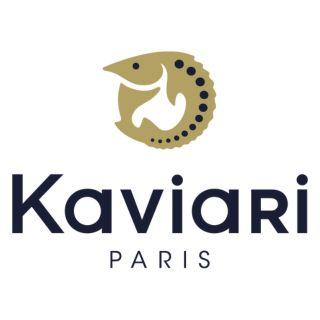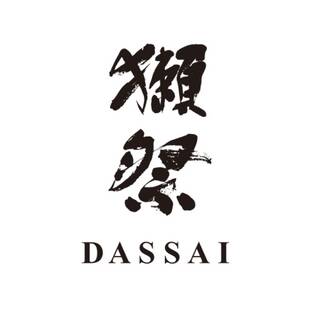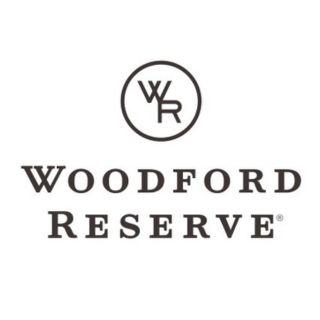
The Voting System
Asia’s 50 Best Restaurants is a snapshot of the opinions and experiences of more than 300 restaurant industry experts in Asia.
What constitutes ‘best’ is left to the judgment of these trusted and well-travelled gourmets. The list is the result of a simple computation of votes. Given that this list is based on personal experiences, it can never be definitive, but we believe it is an honourable survey of current tastes and a credible indicator of the best places to eat across Asia.
How the voting works
The list is created by the Asia’s 50 Best Restaurants Academy, an influential group of more than 300 leaders in the restaurant industry across Asia, each selected for their expert opinion of Asia’s restaurant scene.
The Academy is divided into six regions: India & Subcontinent; South-East Asia – South; South-East Asia – North; Hong Kong, Taiwan & Macau; mainland China & Korea; Japan. The divisions are designed to represent the Asian restaurant scene as fairly as possible and are agreed with the Academy Chairs.
Each region has its own panel of 53 members including a chairperson to head it up. The panel is made up of food writers and critics, chefs, restaurateurs and well-travelled gourmets.
Each Academy member votes for 10 restaurants, with at least four of these from outside their home country/SAR.
The main rules of voting are:
- Voting is strictly confidential before the list announcement
- Panellists vote for ten restaurants, at least four of which must be outside their own country
- Voters must have eaten in the restaurants they nominate within the previous 18 months
- Voters are not permitted to vote for restaurants they own or have a financial interest in
- Nominations must be made for the restaurant, not for the restaurateur or the chef
- Panellists submit their choices in order of preference (this information is used to decide on positions in the event of a tie)
- Restaurants must receive votes from more than one country/region to feature on the list
This method means restaurants cannot apply to be on the list, cannot be nominated, and no external influences (from William Reed or our sponsors) can influence the list. It also means that every restaurant in Asia is eligible, unless the restaurant is closed at the time that the list is announced, or we receive notice that it will be closing in the near future.
There are no criteria a restaurant has to meet. They certainly do not have to sell a certain product. They do not need to have been open a certain number of years and they do not need to have won any other culinary accolades. None of the employees of any of the sponsors associated with the awards, including the main sponsor, votes or has any influence over the results.
These criteria are designed to allow our panellists to vote far and wide. They could vote for a small, unknown restaurant in a remote location, or select the best-known venue in their own country or region – it is their opinion and the experiences they have had that matter.
Independent Adjudication
Professional services consultancy Deloitte is the official independent adjudicator of Asia's 50 Best Restaurants. Deloitte has been granted full and independent access to the Asia's 50 Best Restaurants voting process and data and has performed certain procedures to confirm the integrity and authenticity of the voting process and the resulting list.
In order to guarantee a fair relationship between the percentage of votes a region receives and their proportionate representation in the Asia's 50 Best Restaurants list, in the event of a significant variance, Deloitte will apply a normalisation process to the voting data.
Read more about Deloitte

.jpg)






.ai.jpg)
.jpg)





.jpg)


